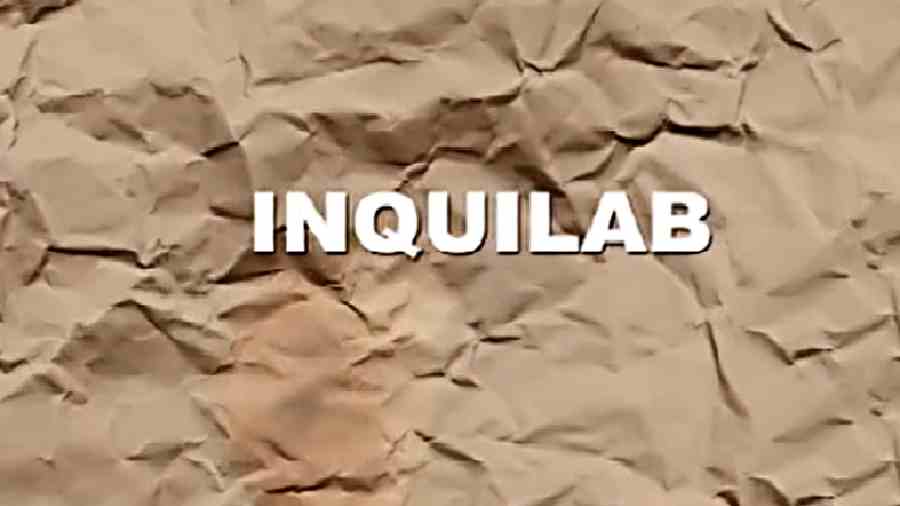A debate has ensued on the use of the word, revolution, and whether revolutions are violent or not. India has witnessed mass agitations against several legislations in recent times. So is India witnessing a revolution?
The world wouldn’t have known about the word, revolution, had it not been for France’s Louis XVI. On the eve of July 14, 1789, on returning from hunting,Louis XVI heard the news of the storming of Bastille and asked, “Is this a revolt?” The Duc de la Rochefoucauld replied, “No, Sire, it is a revolution.” What did Rochefoucauld mean when he used the word, ‘revolution’? Has its meaning remained the same as it was in the 18th century?
The first point of enquiry must be whether revolution is always a call for violence. The Oxford dictionary provides two meanings for revolution — the first entails violence; the second refers to a great change in the way of working or in beliefs. The idea of revolution, therefore, bifurcates into an orthodox and a liberal interpretation. There is also a major philosophical understanding of revolution dating back to the orthodox interpretation of revolution — an idea of usurping governance through violence. However, the new philosophical leaning is towards the detachment of violence from revolution.
Orthodox violent revolutions were seen in the early 20th century. In contrast, the second half of the 20th century saw popular, non-violent and constitutionalist revolutions against authoritarian and military rule. Most of the radical political and economic transformations — revolutions — in the last quarter of that century shunned bloodshed. M.K. Gandhi led a non-violent revolution that surprised the world. A similar example from a foreign country would be the Velvet Revolution in Czechoslovakia that brought about a non-violent transition of power.
The second meaning provided by the Oxford dictionary is also mirrored in India’s Green Revolution, the IT Revolution or, most recently, the Pink Revolution. These are synonymous with radical change or a definite shift rather than violence. Inquilab — the Indian adaptation of the word, revolution — was first used by Maulana Hasrat Mohani in 1921. Inquilab has since been adopted by the political spectrum as a cry of resistance against arbitrary laws and authority.
In S. Rangarajan vs P. Jagjivan Ram (1989), the Supreme Court relied upon a very important judgment by the Bombay High Court in the Manohar Damodar Patil case. The then chief justice of the Bombay High Court, M.C. Chagla, quashed the conviction of an accused calling for revolution by observing that the expression, ‘revolution’, did not necessarily preach a violent change. The apex court’s reliance on the Manohar Damodar Patil case sends a signal of its endorsement of the liberal interpretation of revolution — a form of resistance by citizens.
There is also B.R. Ambedkar’s marvellous speech in the Constituent Assembly in which he urges to give up bloody revolutions.In his speech, Ambedkar cited Thomas Jefferson who had stated that a country could preserve liberty only by resistance — through the blood of patriots and tyrants. Ambedkar’s fear that the newly drawn up Constitution would be thrown under the bus possibly came from Jefferson’s orthodox understanding of revolution.
One thing is clear. The meaning of the word, revolution, has been evolving. Over the past 250 years, the concept of revolution has been layered according to need and context. Revolution sounds much more radicalin the context of agitations and protests; but it has also merged itself into democracies in the late 20th and early 21st centuries.
The meaning of revolution has only mellowed with time. Today, revolution — inquilab — is not a call to overthrow the Constitution but to uphold and reaffirm constitutional values. It can hence be argued that revolutions inside India’s constitutional walls are peaceful.
Shaileshwar Yadav can be reached at @shaileshwar21










